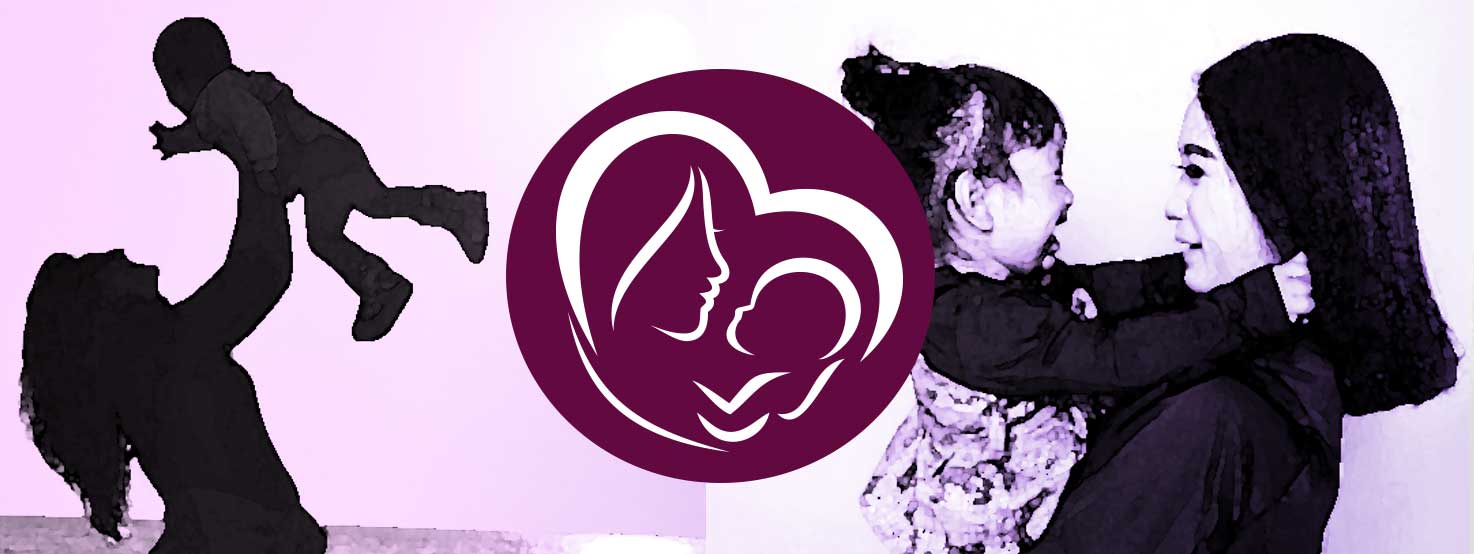Channels

Rotary

Rotary Conference

Laurel Health Centers

Penn Oak Realty

Movin Together

Bank On It

Dunhams Corner

By The Door

Questioning Life

Karschners Insurance

Ag Happenings

Back to Basics

Hornet Happenings

Live From The Hive

Momday Monday

Pennsylvania Politics

The Briefing

Weekly Highlights

Wellsboro Chamber

UPMC Expert: Understanding Postpartum Depression
Mild mood swings are considered a normal part of pregnancy, but 10 to 15% of women experience more significant depression symptoms before or after giving birth. Changes in environment, relationships, and other major adjustments in life occur during this time. However, if feelings of sadness, tearfulness, and being more emotional than usual last more than seven days, you may be developing postpartum depression.
The Fourth Trimester
A pregnant woman’s body does not stop experiencing changes when her third trimester ends. The first 12 weeks after her baby is born is referred to as the fourth trimester. It is important to monitor a new mother’s physical and emotional symptoms just as was done during the other trimesters of her pregnancy.
There is a vast amount of hormonal and physical changes that occur when a new mom’s body is returning to its pre-pregnancy state. These changes and stressors can make moms more susceptible to behavioral health issues. Although the word “depression” is used, postpartum symptoms can also include anxiety, obsessive compulsive disorder (OCD), post-traumatic stress disorder (PTSD), bipolar mood disorders, or postpartum psychosis.
Postpartum depression reveals itself through emotional and physical symptoms. Emotional symptoms include feelings of hopelessness or worthlessness, lost pleasure in everyday activities, withdrawing from loved ones, worries of not being able to take care of or even harm her baby, and not feeling connected with her baby. Physical symptoms may include loss of appetite or overeating and trouble sleeping or sleeping all the time.
Postpartum Depression
Gaining an awareness of postpartum depression (PPD) may help shed light to another struggling mother that she is not alone. Staying silent about PPD will prevent someone from getting the help they need and deserve at a critical time in their life.
In general, behavioral health during and after pregnancy has been a taboo subject in past generations. Often referred to as just the “Baby Blues,” feeling depressed after childbirth was seen as a character flaw by some. However, getting diagnosed with postpartum depression, or any other mental health condition, is not in the mother’s control. There is no reason for shame or guilt if someone is experiencing postpartum depression. People receive treatments for physical disorders with no shame — this should be the same for anyone seeking mental help.
Many societal “norms” are expected of new moms. They are told they should feel a “joy like no other,” automatically inherit maternal instincts, and have a natural bond with their newborn. You can see how this can cause guilt as any expression of doubt or being overwhelmed completely goes against these expectations. Many mothers struggle with these societal norms and feel as though they are not a “good mom.” Sadly, many do not seek the help they deserve to cope with this.
Finally, postpartum depression doesn’t only affect birth mothers, any parent can struggle with depression after having a baby. It’s been reported that 10% or more of new dads suffer from PPD. They deserve the same openness to seek treatment.
How You Can Help
If you notice these symptoms in a loved one or yourself, please talk to a health care provider. Seek out the available resources in your community to help those struggling with postpartum depression.
Finally, remain open and help create a safe community for those who struggle. Knowing how to talk to a new parent who expresses concern can be difficult, but remain supportive. Validate their feelings, offer help, empathy and compassion, and assure them that they are not alone.
Steven R. Smith, MD, FACOG with UPMC OB/GYN and see patients at UPMC Wellsboro, 15 Meade St., Suite L-1, Wellsboro. To schedule an appointment with Dr. Smith, call 570-723-0637. For more information, visit UPMCSusquehanna.org/OBGYN.
Credits:
Writing: Steven R. Smith, MD, FACOG Service Line, UPMC
Produced by Vogt Media
Home Page Sponsors: UPMC






































